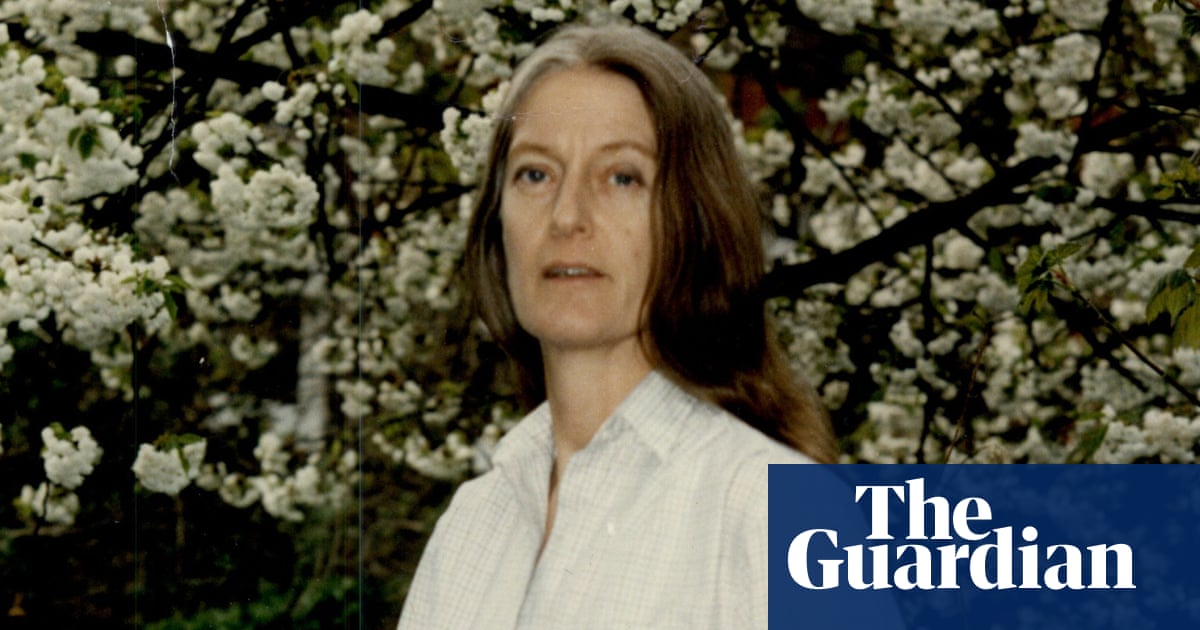
"No Name in the Street (1959) was the first of more than a dozen novels and short-story collections, leading to the Somerset Maugham award in 1972 for Fly Away Home. Her evolution towards non-fiction began with a biography of a Victorian novelist The Born Exile: George Gissing (1974) in whose work London was a powerful presence. The Fields Beneath: The History of One London Village (1977) traces the gradual absorption of Kentish Town into the capital's expanding metropolis. It redefined the possibilities of local history by presenting it as a vivid and accessible form of social history."
"She regarded The Fields Beneath and Celestine as her best works; both saw multiple editions, and Celestine was published in French to critical praise. It amused Gillian that in France she was known as the author of Celestine, while in India she was the author of City of Gold: The Biography of Bombay (1982). Londoners have benefited from what the Times called masterpieces of micro-history, in which she deftly weaves together archaeology, social history, politics, myth, religion and philosophy."
A career spanned novels, short-story collections and non-fiction over more than six decades, beginning with No Name in the Street and award-winning Fly Away Home. Transition to biography and local history produced The Born Exile: George Gissing and The Fields Beneath, which traced Kentish Town's absorption into London and redefined local history as vivid social history. Celestine arose from found letters revealing intimate rural family lives and received French translation and praise. City of Gold chronicled Bombay. Work consistently combined archaeology, social history, politics, myth, religion and philosophy, often originating from found objects or chance discoveries.
Read at www.theguardian.com
Unable to calculate read time
Collection
[
|
...
]